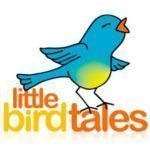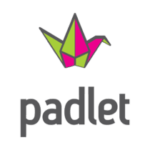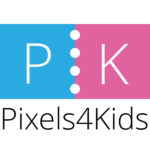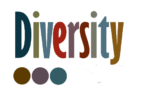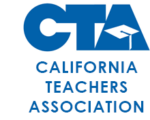Learn Zillion is a learning platform that includes video lessons, assessments, and progress reporting. Each lesson highlights a Common Core Standards in either math or language arts for grades three to nine.
The Learning Accelerator is committed to helping educators seamlessly integrate technology into the classroom and implement blended learning successfully.
Little Bird Tales is committed to fostering a love for reading, writing, and concern for the environment. The website allows users to use digital story building by uploading artwork and recordable voice features.
Dreamspark is a free software for windows users that helps students learn how to develop software and boost their technology skills.
Mindomo’s interactive map provides you with an interactive tool to discover e-learning resources for schools, teachers and educators.
The National Association for the Education of Young Children (NAEYC) provides resources to help parents and caregivers use technology to support development. The website provides research, webcasts, and examples to create effective learning at every stage during early childhood.
The Office of Educational Technology (OET) is under the US Department of Education and develops national educational technology policy and advocates for digital learning. OET provides a wealth of research, reports, projects, and other resources to provide educators with ways to customize and improve learning through technology.
Padlet is an Internet application that allows people to express their thoughts on a common topic easily. It works like an online sheet of paper where people can put any content (e.g. images, videos, documents, text) anywhere on the page, together with anyone, from any device. It can be used to ask questions, get answers, and provide feedback both inside and outside the classroom.
PBS LearningMedia provides free membership for educators to access to thousands of classroom-ready, digital resources. The website hosts videos, games, audio clips, and more to deepen students' appreciation for academic subjects.
Pixels4Kids provides information to students about how to use coding (HTML, CSS, Javascript) to enhance their projects using multimedia all on their own.
Students can create interactive stories, games, and animations to share with everyone on this website. Teachers and Parents can be involved as well, helping students creativity and aiding in their learning of digital storytelling and programming.
Technology Information Center for Administrative Leadership was created by the Santa Cruz County Office of Education to develop a repository of technology related resources and professional development for school administrators. Administrator 2.0 is an interactive community that allows anyone to post a question or discuss a topic and then receive input from administrators across the nation.
Wall Whisher or Paper for the Web, gives you a blank page that can be used to ask questions, get answers, and provide feedback both inside and outside the classroom.
“Mighty Mommy” teaches parents how to teach their children about diversity in 10 lessons.
Games and other activities to teach children about equality in the classroom or at home.
Concerned with the quality, vitality, and public standing of undergraduate liberal education, AAC&U provides resources on topic such as diversity, inclusive excellence, women and global learning.
This is a measurement teachers can use to see if their teaching style is culturally competent.
An article that examines how principals can put policies in place that honor the different cultures in schools.
Educating students to embrace diversity through these resources that will build on what they are already learning.
Resources for cultural diversity at work including articles, quizzes, and suggested readings.

